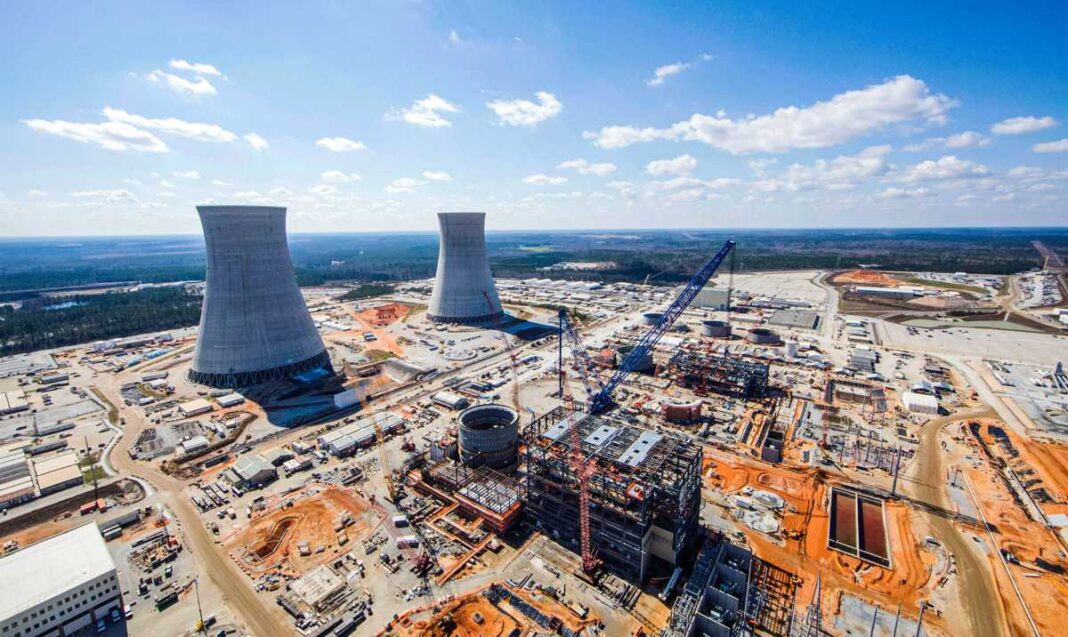Both presidential candidates support nuclear energy—but each for different reasons.
Energy policy is among the most polarizing issues up and down 2024 ballots, with candidates toeing distinct party lines, including those laid out in Vice President Kamala Harris’s and former President Donald Trump’s presidential campaign platforms.
Democrats generally support the Biden administration’s emphasis on renewable energy. Harris is among those who say modernizing energy infrastructure from fossil fuels to carbon-free generation is key to slowing climate change and staying competitive in an electrified 21st-century economy.
Trump’s platform reflects Republicans’ general claim that Biden’s “green energy push” has handicapped more affordable oil and gas development, disrupted electricity and fuel markets, aggravated inflation, and increased reliance on China-made materials. They say the abrupt “forced transition” is based on ideology, not economics.
There is little common ground in broad party positions, but one component of the energy mix has bipartisan support: nuclear power.
That narrow convergence is discernible in Trump’s and Harris’s energy policy planks. Both support expanding nuclear energy, but for different reasons.
Trump, in late August, espoused the development of small modular reactors and said he’d quickly approve new utility-sized power plants.
During an Aug. 29 stop in Potterville, Michigan, he said, “Starting day one, I will approve … new power plants, new reactors, and slash the red tape.”
Three days earlier, Trump told podcaster Shawn Ryan that nuclear energy is vital to sustaining an expanding electrical grid and powering artificial intelligence development.
“You’ll need double the energy we produce right now just for that one industry if we’re going to be the big player,” he said. “Nuclear now has become very good, very safe, and you build the smaller plants.”
That essentially summarizes the current administration’s nuclear energy goals, although its justification is sustainable carbon-free generation, which Harris touts as Biden’s successor in continuing the transition to renewable energy.
The 2021 Bipartisan Infrastructure Law, and 2022’s CHIPS & Science Act and Inflation Reduction Act (IRA) incentivize the research and development of new types of nuclear power and the expansion of existing capacities.
By John Haughey








